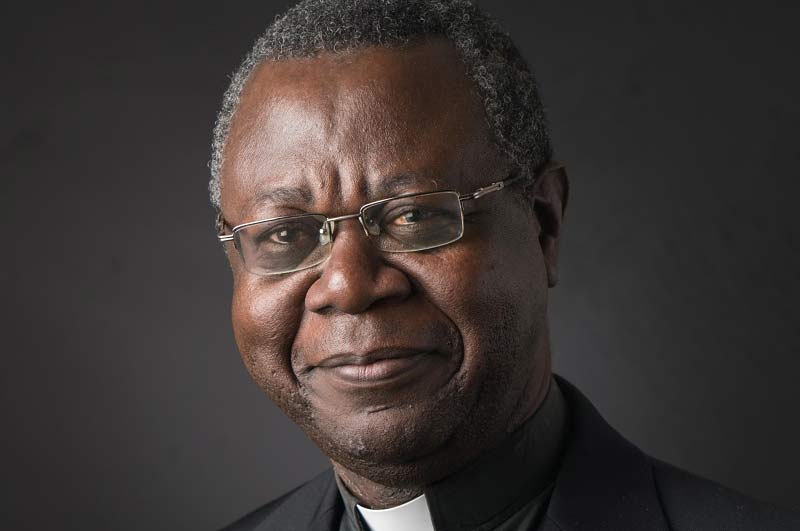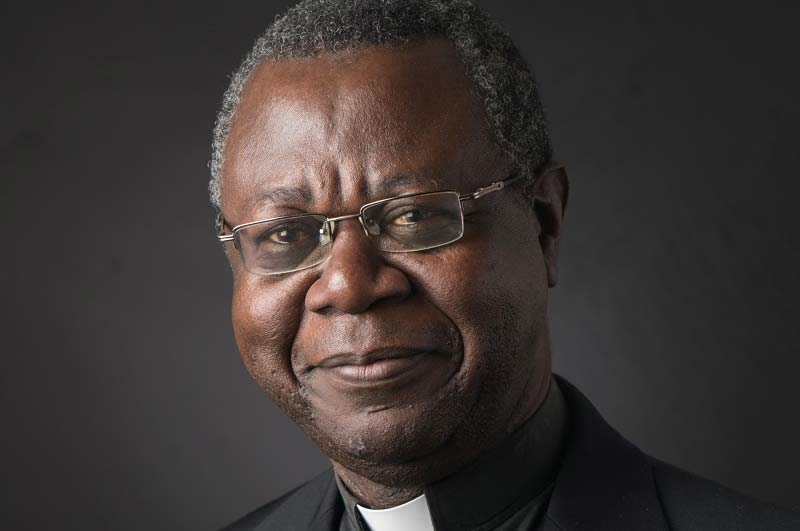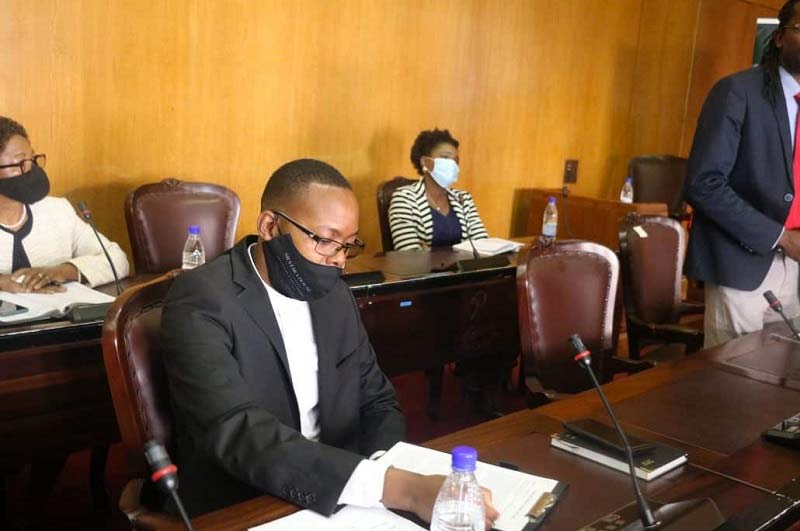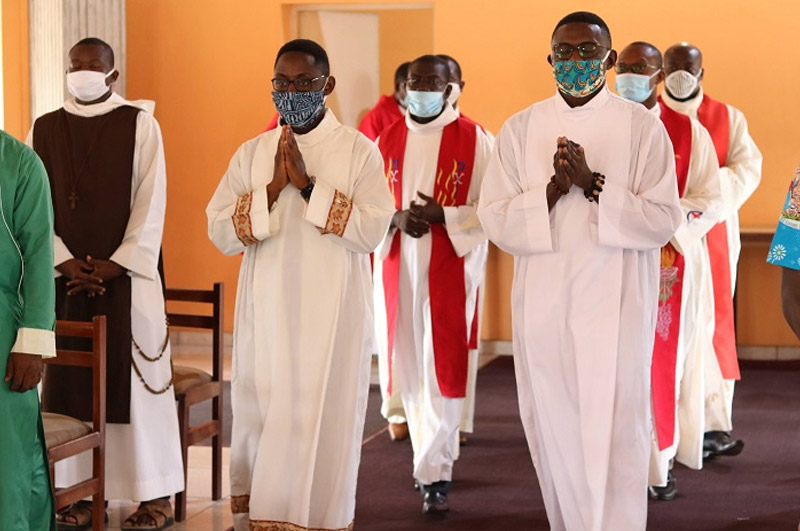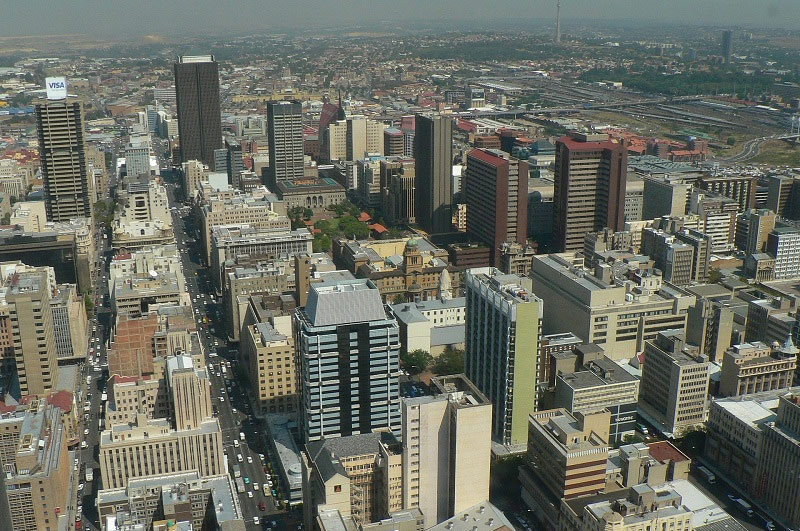


On December 8, 2020, the Vatican announced the creation of the Council for Inclusive Capitalism, a partnership with some of the world’s largest investment and business leaders to take up Pope Francis’s challenge to radically rethink the foundations of the global financial order and apply moral principles to business and investment practices throughout the world. The Council’s founding members, who will hold annual meetings with the Pope, represent the managers of more than $10.5 trillion in assets and companies with a combined market capitalization of $2 trillion. Among this group are the leaders of Bank of America, BP, Johnson & Johnson, as well as major investment groups, the secretary-general of the OECD, and the UN special envoy for climate finance.
The actions of the members of the Council are driven by the Guiding Principles of Inclusive Capitalism which “reflect the values and approach to business and investment that this Council believes will extend the opportunities and benefits of our economic system to all people and build a more sustainable future.” While the Principles recognize that capitalism has, over the course of history, helped deliver wealth and prosperity to billions of people, the challenges of the future require an evolution in capitalism itself to produce “a more sustainable, trusted, equitable, and inclusive system that works for everyone.” The COVID-19 global pandemic, climate change, as well as ongoing challenges to peace and security mean that a more inclusive way of doing business is called for in order to continue work towards achieving the UN’s Sustainable Development Goals.
For Africa, the creation of the Council is a welcome step, particularly as it shows the willingness of the titans of the global economy to align themselves publicly with Pope Francis’s vision for the post-pandemic world. However, the risk in any such venture is that the rich and powerful use it simply as a photo-op, an opportunity to place a glossy photo of the CEO and the pope in their next prospectus and tell investors what a good job the company is doing on sustainability issues. This would be nothing more than greenwashing, slick corporate marketing using the language and imagery of sustainability to mask otherwise questionable practices.
Nevertheless, we should take the members of the Council at their word, specifically that they seek “the moral guidance of Pope Francis” and are committed to building a more inclusive global capitalism. If so, Church leaders should not be shy in exercising the prophetic voice that Pope Francis calls forth in his encyclicals on our common home and on social fraternity and calling for substantive, tangible changes in the ways in which these corporations do business, particularly in Africa. The guide for this is Laudato Si’, where Pope Francis premised his understanding of integral ecology as one where “everything is closely interrelated” with today’s problems calling for “a vision capable of taking into account every aspect of the global crisis.” Our radical interconnectedness, our relationship to one another irrespective of where we are born, is at the root of integral ecology and needs to shape the way we conduct business, our politics, and how we respond to pandemics and climate change.
COVID-19, with its deadly disregard for borders, reminds us just how interconnected we really are. Issued in October 2020, at the height of the pandemic, Fratelli Tutti reminds us that “[t]he marketplace, by itself, cannot resolve every problem, however much we are asked to believe this dogma of neoliberal faith.” Politics, as well as the economy, “must make room for a tender love of others.” As he so aptly reminds us through the parable of the Good Samaritan, Pope Francis admonishes us not simply to walk away as we see our brother suffering by the side of the road. For far too long the very premise of global capitalism has been to do precisely that – to walk away from the suffering of others so long as shareholder value is maximized. Social fraternity, building a global economy based on integral ecology, calls for so much more.
As the first pope from the Global South, Pope Francis understands the inequities and injustices which have been the pillars supporting the global financial order’s relationship with Africa, the myriad ways in which the continent’s treasure and resources have gone to make life more comfortable for people in other countries when their own continue to be in dire need. The members of the Council for Inclusive Capitalism are correct when they say that capitalism has brought wealth and prosperity to billions of people. The problem is that precious few of them have been in Africa. As the Council collaborates with the Vatican to rethink what the capitalism of the future will look like, Church leaders are called to advocate not only for Africa’s seat at the table but for the values and priorities that ensure a just and sustainable future for Africa’s people.
Related Articles
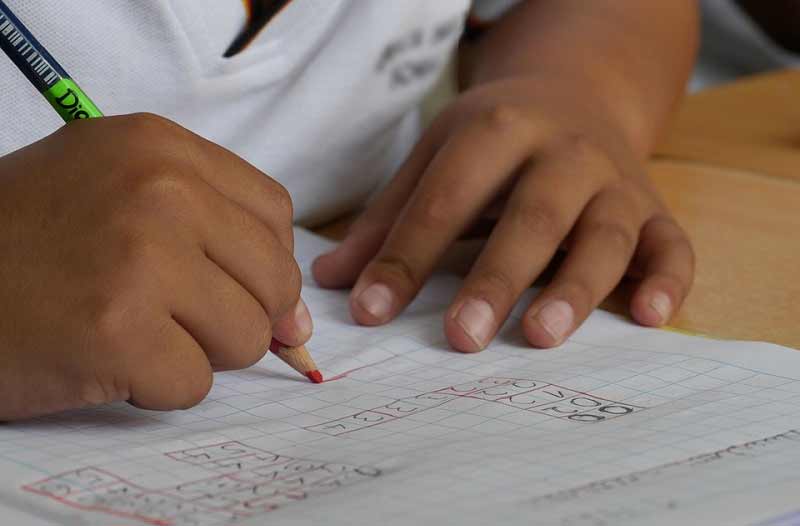
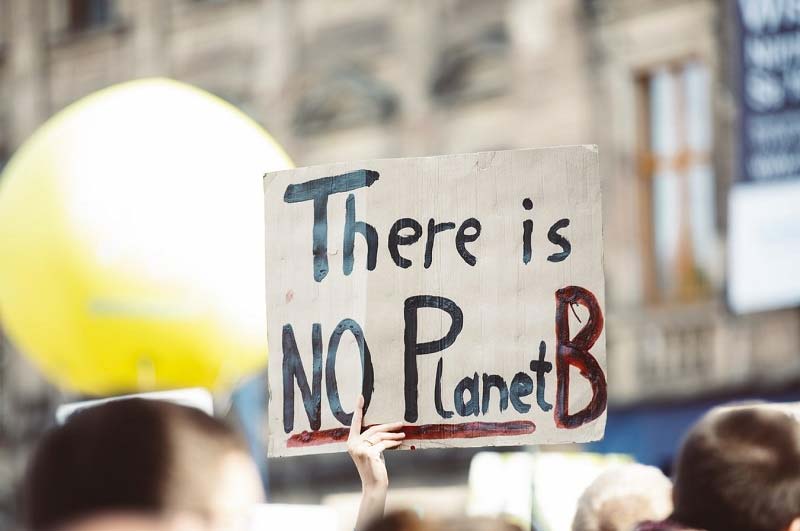
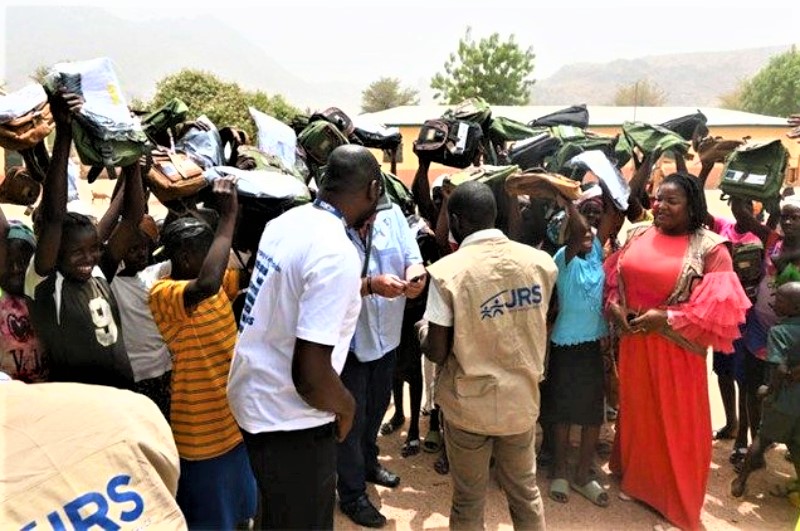
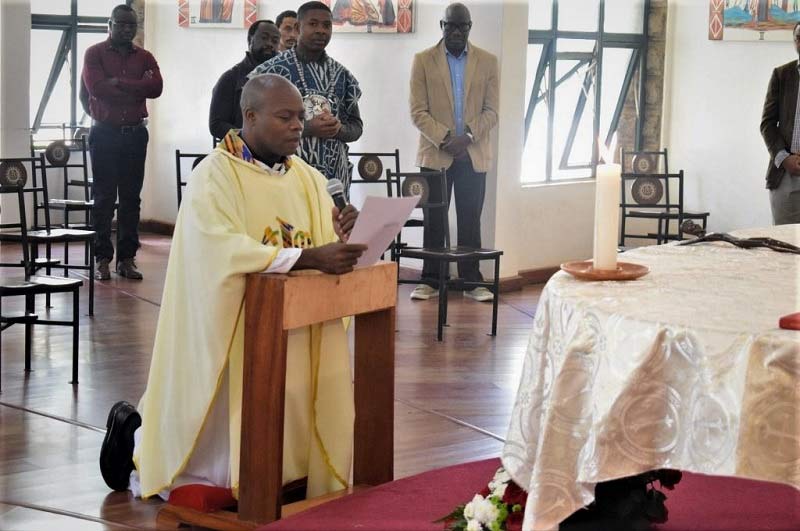
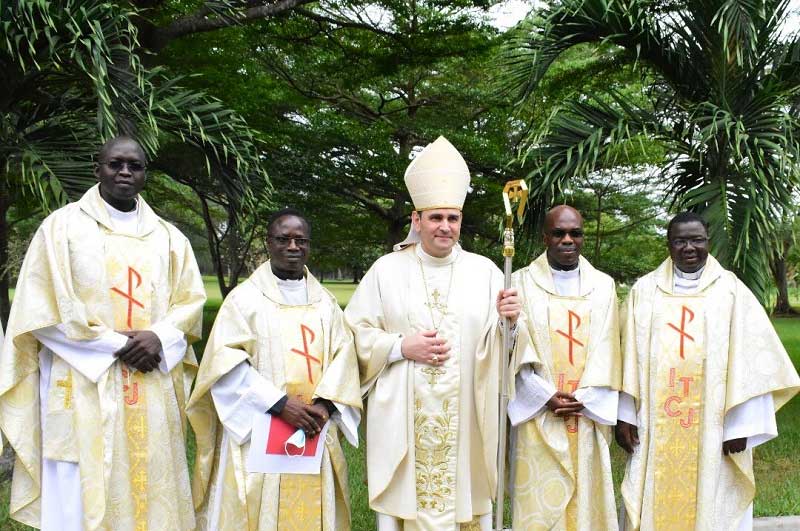
Select Payment Method
Pay by bank transfer
If you wish to make a donation by direct bank transfer please contact Fr Paul Hamill SJ treasurer@jesuits.africa. Fr Paul will get in touch with you about the best method of transfer for you and share account details with you. Donations can be one-off gifts or of any frequency; for example, you might wish to become a regular monthly donor of small amounts; that sort of reliable income can allow for very welcome forward planning in the development of the Society’s works in Africa and Madagascar.
Often it is easier to send a donation to an office within your own country and Fr Paul can advise on how that might be done. In some countries this kind of giving can also be recognised for tax relief and the necessary receipts will be issued.



